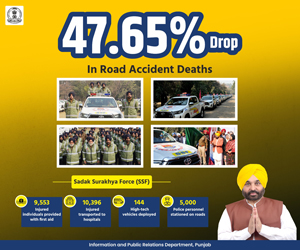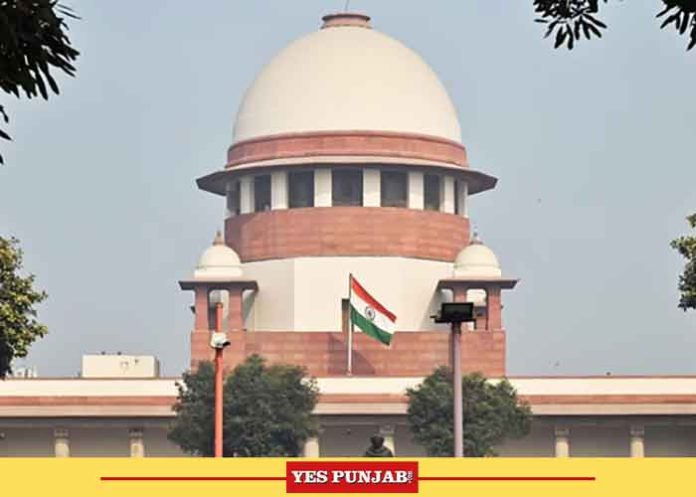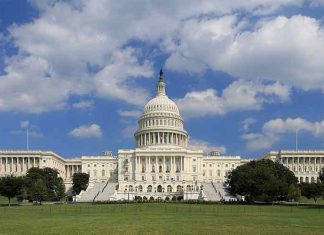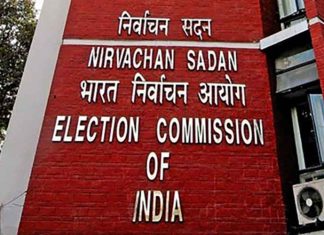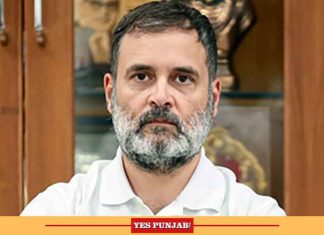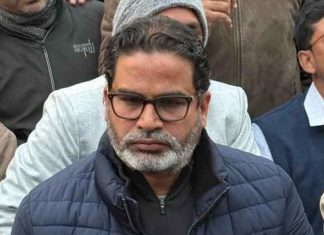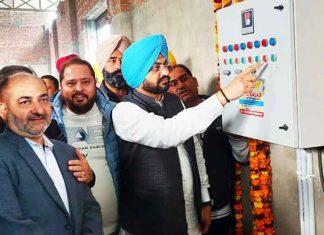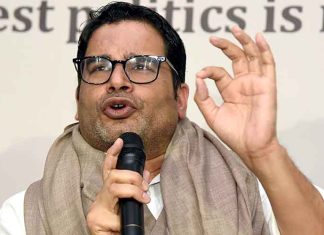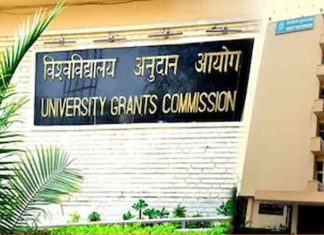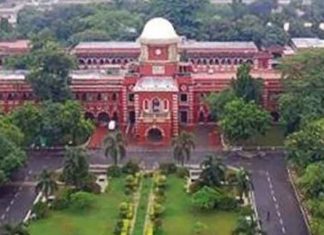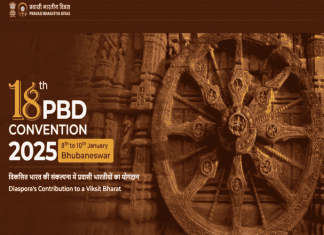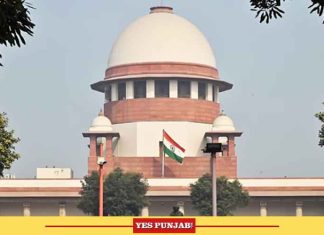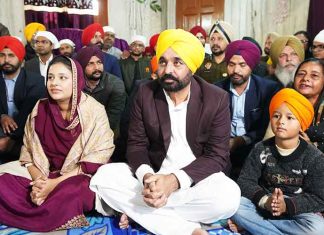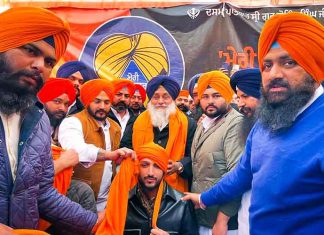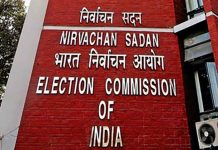New Delhi, Oct 5, 2024
The Supreme Court has dismissed a clutch of petitions seeking a review of the Constitution Bench verdict striking down the electoral bonds scheme 2018 as unconstitutional.
After perusal of the review petitions, a bench headed by Justice CJI DY Chandrachud said that “there is no error apparent on the face of the record. No case for review under Order XLVII Rule 1 of the Supreme Court Rules 2013. The review petitions are, therefore, dismissed”.
In a unanimous verdict, a five-judge Constitution Bench had struck down the electoral bonds scheme, saying that denying voters the right to know the details of funding of political parties would lead to a dichotomous situation and the funding of political parties cannot be treated differently from that of the candidates who contest elections.
In its February 15 judgment, the Supreme Court had directed the State Bank of India (SBI) to forthwith stop the issuance of electoral bonds and ordered the Election Commission of India (ECI) to publish on its official website the details of the political parties which have received contributions through electoral bonds since April 2019.
CJI Chandrachud’s opinion, concurred by Justices B.R. Gavai, J.B. Padriwala and Manoj Misra, added that the infringement of the right to information of voters cannot be justified for the purpose of curbing black money in the electoral process.
Further, it said that the electoral bond scheme is “not the only means for curbing black money” in electoral financing and there are other alternatives which substantially fulfil the purpose and impact the right to information minimally when compared to the impact of electoral bonds on the right to information.
Justice Sanjiv Khanna authored a separate but concurring verdict. “I have also applied proportionality standards but with slightly different variations. My conclusions are the same,” Justice Khanna said.
One of the review petitions contended that the Supreme Court struck down the electoral bonds scheme “without noticing that in doing so it is acting as an appellate authority over the Parliament, substituting its wisdom on a matter which falls in the exclusive province of legislative and executive policy”.
However, the apex court dismissed the entire batch of review petitions in chambers, along with the application for listing the review pleas in open court.
In August this year, the top court declined to entertain a public interest litigation (PIL) seeking a Special Investigative Team (SIT) probe under the supervision of a retired apex court judge into an alleged scam in poll financing using electoral bonds.
A bench presided over by CJI Chandrachud said that an SIT cannot be formed to probe “quid pro quo” unless there is an FIR already registered on the issue espoused in the PIL, adding that the ordinary course of law may remedy the allegations raised in the plea.
The PIL filed by the NGO Common Cause and Centre for Public Interest Litigation (CPIL) had said that electoral bond data — revealed on top court’s directions — shows that the bulk of the bonds appeared to have been given as quid pro quo arrangements by corporates to political parties for getting contracts, licences, and leases from the governments or authorities.
Further, it alleged that electoral bonds were given by corporates to political parties as consideration for favourable policy changes and in close proximity to action by agencies like the Enforcement Directorate (ED), the Income Tax Department, or the Central Bureau of Investigation (CBI).(Agency)



